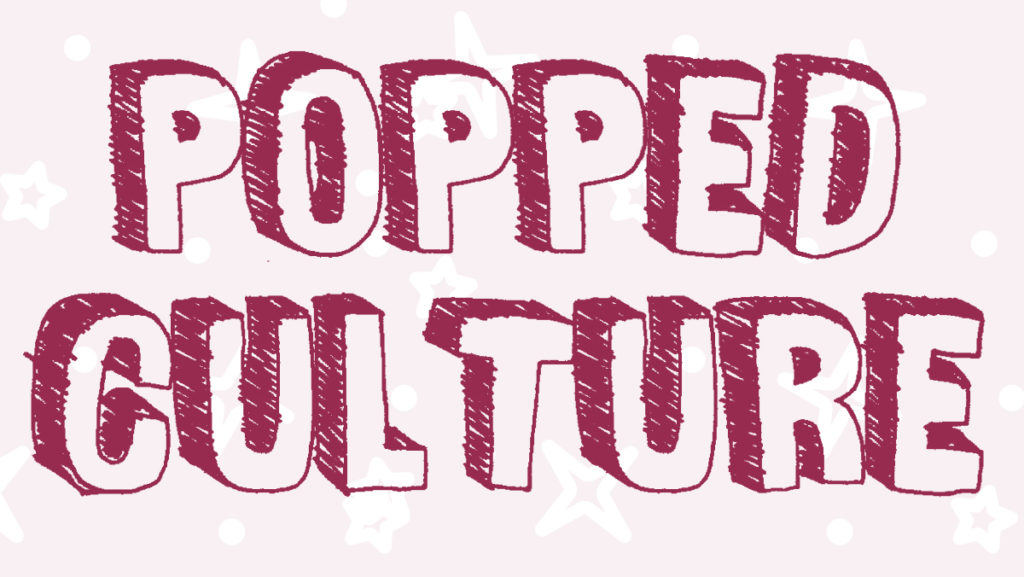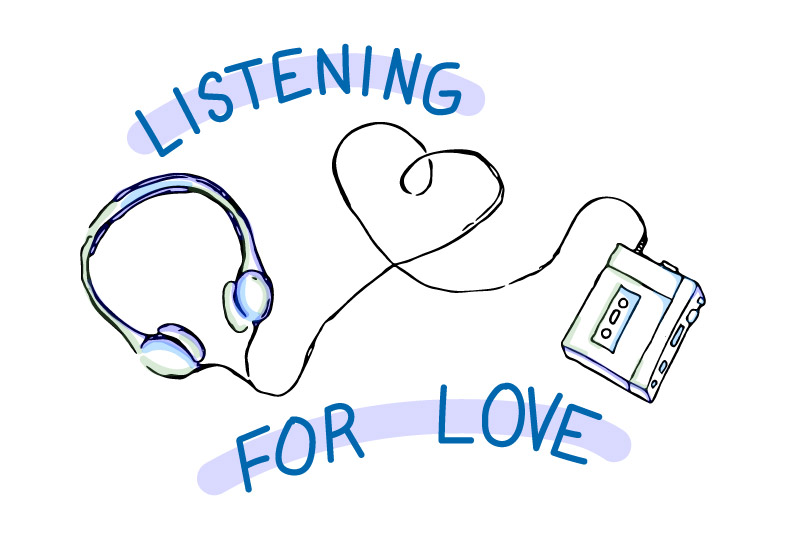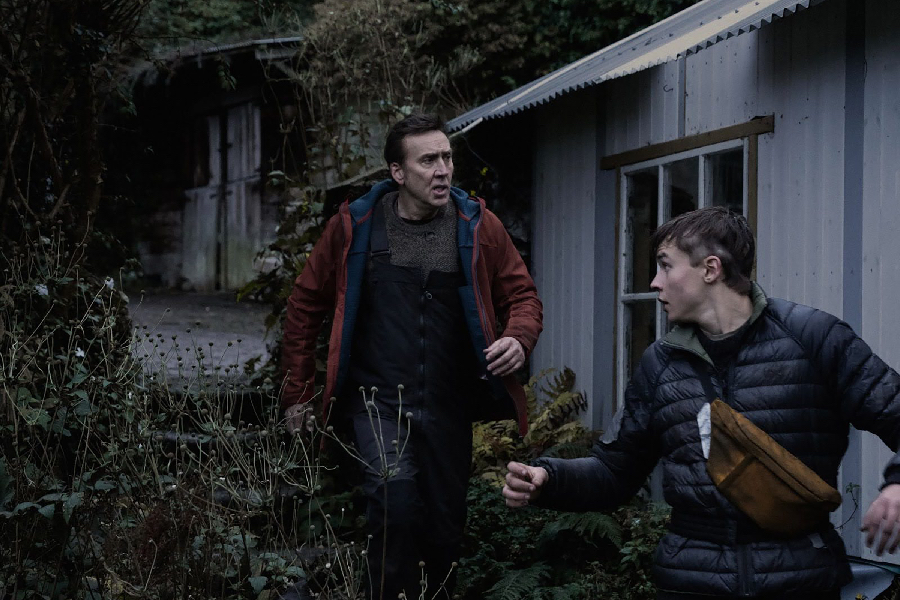The conservatives are at it again. Book banning is back on the rise.
In Fall 2021 there were 330 “book challenges” in public schools across the United States, a sharp increase from previous years. On Jan. 10, a Tennesse school board pulled Art Spiegelman’s “Maus,” a Pulitzer prize-winning graphic novel about Spiegelman’s father’s experiences during the Holocaust, from the curriculum for profanity and nudity. “All Boys Aren’t Blue” by George M. Johnson, a memoir about the author’s experiences as a queer Black man, is currently being challenged in school districts and libraries in more than a dozen states. And the crusade continues.
Book banning is nothing new in the United States. The American Library Association has been holding Banned Book Week every September since 1982 and the history goes back much further than that. But the most recent wave of book banning is different from previous ones. Book banning is most often a grassroot effort put on by raging conservative parents worried that certain books will turn their children into sexual delinquents, and in many cases they still are, but recently Republican politicians have stuck their hands in the anti-freedom of speech pot.
Governor Glenn Youngkin (R) won the Virginia state election in November after highlighting concerns from parents that Toni Morrison’s Pulitzer Prize-winning novel “Beloved” was too explicit and violent to be taught in schools during his campaign. Several state legislators are also lobbying to punish teachers and librarians for distributing materials they see as harmful to minors. This is all happening around the same time as Florida signs its “Don’t Say Gay Bill” into law, which prohbits disscussion about gender and sexuality in classrooms for grades K–3. Six other states are contemplating similar legislation.
Unsurprisingly, a majority of the books being challenged right now discuss LGTBQ+ themes or the Black experience, including “The Bluest Eye” by Morrison, “Fallen Angels” by Walter Dean Myers and “Heather Has Two Mommies” by Lesléa Newman. All these books were removed for being too “violent” or “sexual,” but I think the real reason they’re being removed can be easily deduced.
At the core of it, this is a futile culture war. The world is changing and conservatives are scared so they are crying out for the restriction of minority voices. Republicans claim to lobby for fewer government regulations — it’s a big part of their platform — but interestingly they are pushing for harsh regulations on education and books.
In the past year libraries across the country have made efforts to diversify their content to include more books written by Black and LGBTQ+ authors. Many of the books being removed were new inclusions to libraries; “Not All Boys Are Blue” came out in 2020. These book bannings are Republicans’ responses to seeing a window into a more diverse world. Frankly it’s just pathetic. How dare libraries update their books.
But as with every book banning that came before it, this will stop nothing. LGBTQ+ people and people of color will continue to exist and their stories will continue to reverberate regardless of how many of their books are taken off the shelves.
Books and stories are one of the most powerful tools for empathy we have. They expose our blind spots and push us into worlds we would otherwise not be able to access or may not notice in our day-to-day lives. Stories are able to discuss issues like racism, homophobia and sexism in ways that statistics, research and history classes can’t.
But of course, politicians have shown time and time again that they lack empathy. Maybe they should have read more books.







